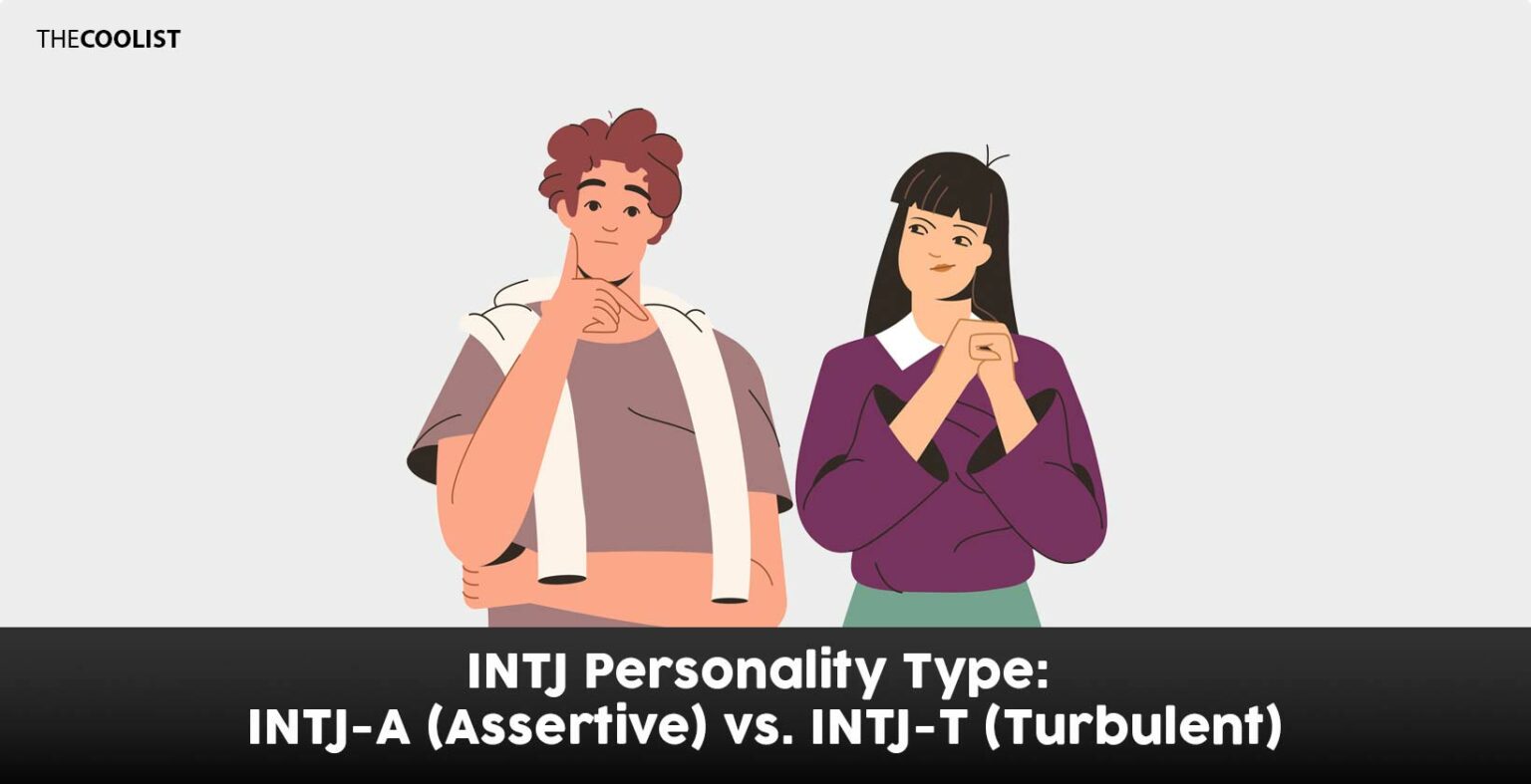
my infj is turbulent Extraverted, Infj, Myersbriggs type indicator
Generally speaking, turbulent personality types are those who are more likely to experience negative emotions, such as anger, anxiety, or depression. They may also be more impulsive and less likely to think through their actions. Turbulent personality types are often more creative and expressive than their calm counterparts.

Turbulent Personality Tabula Rasa
In this blog post, we will explore the meaning of turbulent personality, its characteristics, and how it can impact your relationships and daily life. What is a Turbulent Personality? A turbulent personality refers to an individual who experiences frequent and intense emotional fluctuations. These individuals often have difficulty regulating.

10 Ways TURBULENT INFJ Types ASSERTIVE YouTube
Life Lessons Inspiration and Motivation Relationship Romantic Relationship Love Dating Marriage Breakup Cheating Divorce Work Relationship Family Parenting Friendship Codependency Toxic Relationship Attachment Relationship Boundaries Understanding Men Understanding Women Mental Health Abuse Stress

INTJ Personality Type INTJA (Assertive) vs INTJT (Turbulent)
Core Theory Identity: Assertive (-A) vs. Turbulent (-T) Confidence, Achievement, and You The Identity scale, made up of the Assertive and Turbulent personality traits, affects all other scales and indicates how confident we are in our abilities and decisions. Identity triggers the way we react to the things life constantly throws at us.

8 Signs Of A Turbulent Personality The Minds Journal
Turbulent personalities are generally on a journey of self-improvement. From how they show up in their relationships to their career and their hobbies, they tend to be committed to growth in everything that they do. That is not to say that Assertive types don't strive for growth.

16 Personalities Assertive vs Turbulent? YouTube
"Turbulent weather" or "a turbulent marriage" indicates something ominous and potentially painful. But if we look at the word as a strong movement or direction, rather than stare too hard at its chaotic implications, then we get a little closer to our definition of the Turbulent Identity.

8 Signs Of A Turbulent Personality The Minds Journal
Oversensitive, or Just Sensitive Enough? The anxiety of a Turbulent personality stems from sensitivity to his or her surroundings, and while this sensitivity can at times lead to the "spotlight effect" - the sensation that all eyes are on you - the feeling is not entirely without basis.

Turbulent personality types, who can’t help but constantly evaluate and reevaluate themselves
The Turbulent Advocate is an INFJ-T. They are a subtype of the INFJ personality type. They tend to be more laid back and cautious to exert themselves in circumstances. INFJ-T personalities are less common than INFJ-A personalities. As a result, INFJ-T is the most uncommon variety in the MBTI typology. INFJs are visionaries with great ideas, but.

MyersBriggs Personality The 16 Personality Types
| Turbulent vs. Assertive Personalities If you feel a persistent urge to improve yourself and cringe at the thought of failure, you may have a turbulent personality. Turbulent personalities describe people who feel insecure in the face of challenges or the unknown and try to compensate by being high-achievers.

Turbulent Personality Test Who Im I
Not sure if you're a Turbulent personality? Our free personality test will tell you. 1. You're Wise to Foresee Problems Turbulent personalities are 22% more likely than Assertive personalities to say they're pessimistic about the outcome of the risks they take. They act cautiously and may avoid risky actions.

Millon Theory Exuberant / Turbulent Personality
Are you an Assertive or Turbulent type? Learn about the 16 personalities A vs T variations and why we should call them modest instead of T.

Turbulent Personality Traits Psychological Counseling Services, Ltd.Psychological Counseling
Turbulent personalities In contrast, the Turbulent personality type is acutely aware of everything that can go wrong and is always looking for ways to tip the odds in their favor. They are driven to succeed and achieve, but they often are anxious about life's unpredictability. They are burdened by thoughts of failure.

The Turbulent Personality Don’t Worry, Be Happy? 16Personalities Personality, No worries
What is the meaning of the MBTI term 'turbulent'? In the MBTI, 'turbulent' refers to a personality trait that is characterized by a high level of emotional volatility and anxiety. People with a turbulent personality tend to be more reactive to stress and can experience mood swings more frequently than those with an assertive personality.

ASSERTIVE VS. TURBULENT Assertiveness, Mbti, Enfp t
Turbulent Virtuosos have certain unique personality traits that set them apart from Assertive ISTPs and other MBTI personality types. Their volatile personality, unsettled emotions, and lack of confidence all contribute to these qualities.

The Turbulent Personality Characteristics? (Know These 5)
A leader A contagious spirit that gets others excited and invested in joint projects Likely the thought of a "turbulent" personality didn't inspire the words of strength written above. People with turbulent traits have a number of strengths, perhaps so many that they have a hard time recognizing how some of these strengths can become imbalanced.

Turbulent Personality Test Who Im I
Anxiety Anger / hostility Depression Self-consciousness Impulsiveness Vulnerability According to Wikipedia, individuals scoring high in neuroticism are: Emotionally reactive and vulnerable to stress… They are more likely to interpret ordinary situations as threatening, and minor frustrations as hopelessly difficult.